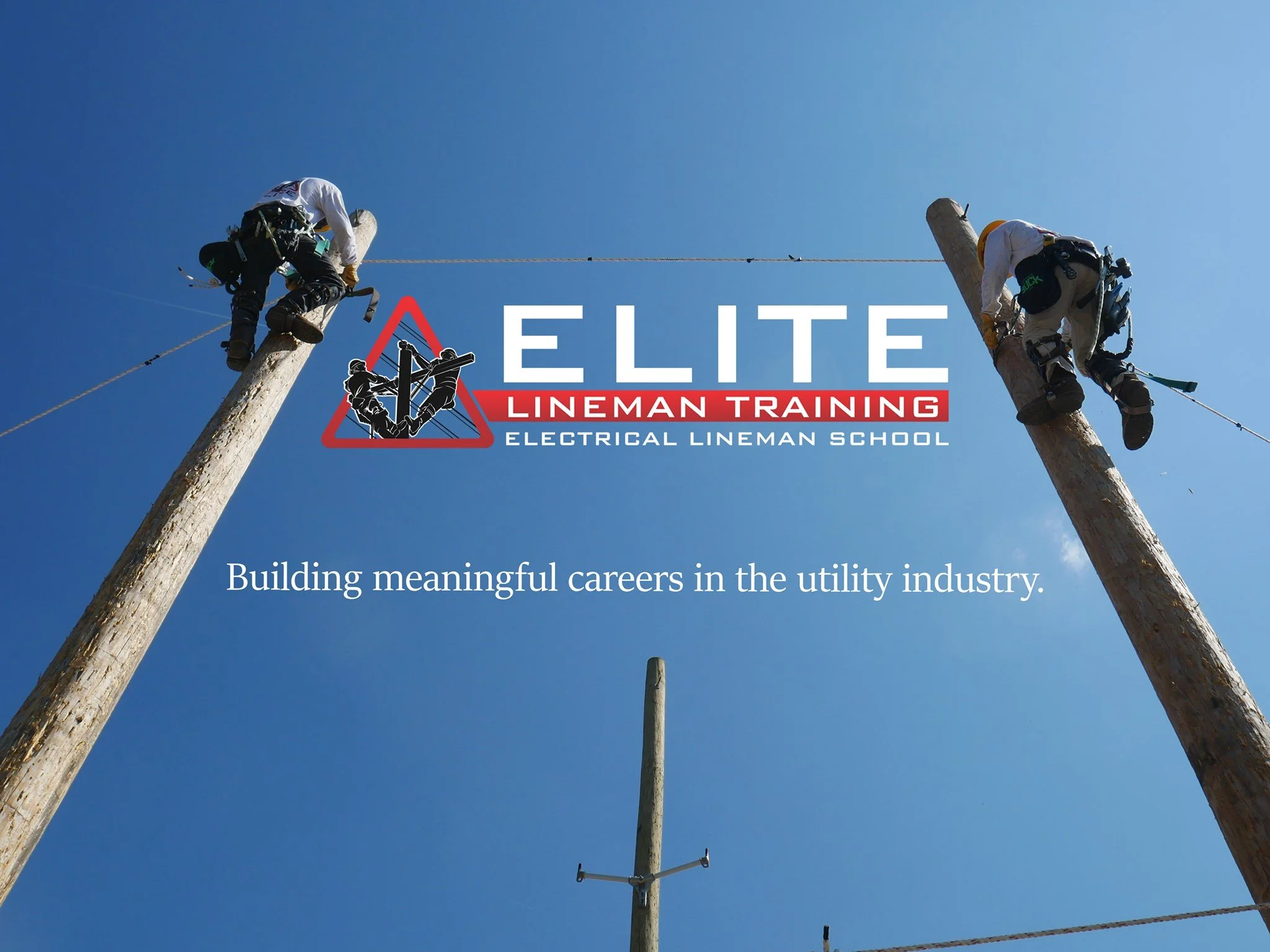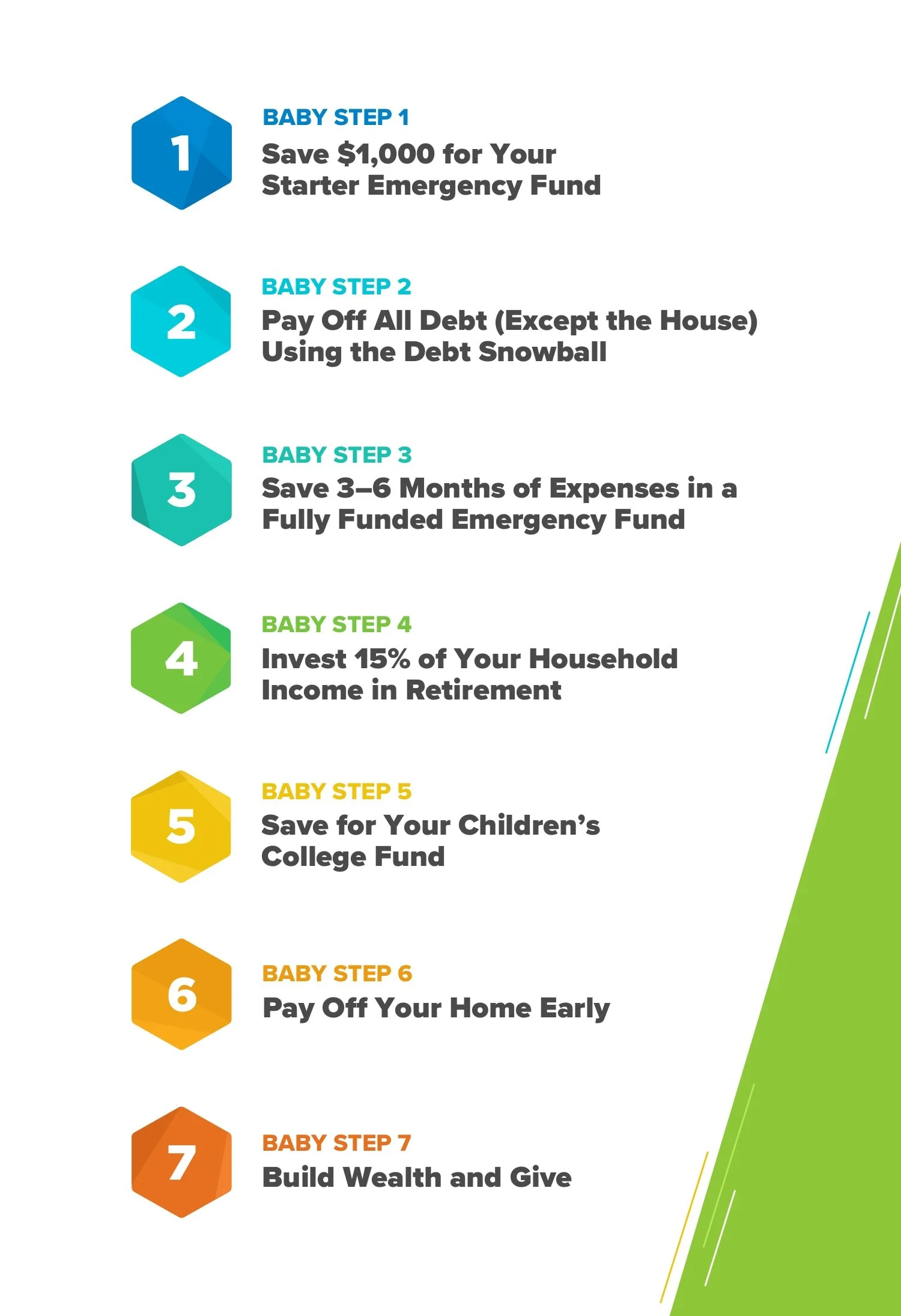Baby Stepping My Way Out of Debt
/For the entirety of my adult life I’ve been in debt. Medical expenses for my mental illnesses contributed significantly to my ongoing tally of bills. From age twenty to thirty-three I’ll estimate that at least 50% of my debt was a result ER psychiatric ward stays, out-of-network psychiatrists, and surprise ambulance bills. Another 25% resulted from irresponsible and dumb financial decisions, such as:
Spending all my accumulated savings on skydiving lessons and a parachute I wasn’t rated to fly.
Trading in my working vehicle for a $17,000 car and accompanying $300 monthly payment.
Signing leases on apartments that were nearly 50% of my monthly income.
Consolidating my debt with a personal loan and immediately using my newly freed up credit on superfluous purchases.
The remaining 25% of my lifetime debt resulted from my lack of earning potential due to my illness. The fact is that I didn’t enter the full-time work force until I was almost twenty-four because I was in and out of hospitals. Once established as something other than an independent contractor, I totaled nearly a full year on short-term disability at two different jobs. After accounting for basic living expenses and rent, nearly all of my biweekly pay went to my debt. Sometimes, I’d make progress, and then another depressive spiral would take it’s pound of flesh from me and accompanying expenses from my checking account.
Needless to say, I was not in a good enough mental state to manage my money until I completed ECT at Emory and graduated from the DBT program at Skyland Trail. In the summer of 2020 I held a festering bag of debt totaling nearly $112,000 with interest rates that ate up almost all of what I paid each month. Oh, and I quit my job. Not because I was sick, but because I was finally healthy. I needed and wanted to work, but I was never again going to put my healthy mind at risk for a paycheck. The debt could wait, and to give myself time I pulled out my entire 401(k) with early withdrawal penalties so I could pay my rent and debts through the end of 2020. Then I got sucked into electrical linework and found the Elite Lineman Training Institute in Tunnel Hill, GA.
The owner and all the instructors at ELTI certainly want to teach safe linework skills so those entering the industry have an idea of what they’ll be tasked with doing. More importantly though, they are clear that those skills are secondary to improving the quality of life of each student. With that in mind, personal finances and healthy wealth building lessons are included in the curriculum. They brought in a financial advisor to talk us through retirement plans, emergency saving plans, and basic budgeting. After years of living paycheck to paycheck, I was ready to get off that roller coaster. Waylon Hasty, ELTI’s owner, introduced us to Dave Ramsey and his Baby Steps.
I love lists so a list of seven steps was a thing of beauty to my eyes, but I also felt there was a Step 0 missing. I call that step: “Stop the Bleeding”. I physically destroyed all sixteen of the credit cards I had accumulated since 2002, and because we live in a digital world, I removed every credit card from all subscription and ordering services. Now, the only way I could pay for something was out of my checking account, this was a start, but I had a long way to go.
I grudgingly put aside $1,000 in a high-yield savings account that would take at least three days to transfer into my checking account, which provided a useful disincentive to pulling money out of it. I limited my expenses, moved in with my family, and started work at an electrical utility contractor in Georgia getting paid every week. I aggressively snowballed my debt in Step 2 from January 2021 until March 2022. Mr. Ramsey has a catchphrase in his book and his radio show: “gazelle intense”. As in, you must be as focused and as driven as a gazelle outrunning a lioness. I respectfully disagree with most of Mr. Ramsey’s viewpoints on life, but no more than this one.
As a student of my own stress and of stress in general, I could not abide emboldening a feeling of life or death struggle in getting out from under debt. I didn’t think it was healthy or, quite frankly, necessary to think in such bleak terms. Been there, done that. So I modified Step 2 along with:
Treating myself to a nice dinner to celebrate a new career milestone.
Purchasing high-quality work boots so I’d be as comfortable as possible in my uncomfortable job.
Going on a date, because I’m a human, not a gazelle.
Paying for a YouTube Premium subscription so I could stream my guided meditations and binaural beats without interruption.
I do not abide dogma. I felt as if I stuck with the plan, kept paying off my high balances first and snowballing the minimum payment into the next card I would eventually clear my debts. With weekly paychecks I could see more regularly decreases on my debts, which was immensely motivating, and I used every spare bit of income from my Mental Agility Workshops to remove large chunks of owed money.
Now I’m onto Step 3 — saving six months of expenses in a fully-funded emergency fund. It’s certainly nice to be in an industry that is recession-proof. The lights must stay on after all. More importantly for me is that I have to factor in my health over the rest of my life, and one of the best predictors of a future psychiatric hospitalization is a past hospitalization. If I must go into the hospital again and hold a bag of medical debt, I want to write a check instead of applying for a loan.
I’m proud of myself for getting out of debt, but I did not do it alone. As the featured image of this post shows, babies do walk, but they take steps with the assistance of caregivers until they can walk on their own. The encouragement of my family, friends, and my girlfriend were essential to my current debt-free status, and I could not thank them enough.
I’ll be talking more about the mental struggles of constantly being in debt, the shame of feeling unable to get your life together, and strategies that anyone can take to think a bit more clearly even when stressed with severe debt with my friend and host of THE Cambridge Connection radio show, Gordon Oliver, later this week.
THE Cambridge Connection brings together a community of people, organizations and experts, who are making a difference every day, helping others achieve financial independence and freedom. Host Gordon Oliver and his co-pilot and financial counselor Tinamarie discuss and share stories of real people with real financial problems and the available financial options they can follow to turn a negative financial situation into a positive one. THE Cambridge Connection is brought to you in partnership with Cambridge Credit Counseling, a Better Business Bureau rated, non-profit, who for 25 years has helped millions of people across the U.S. with their debt solutions.






